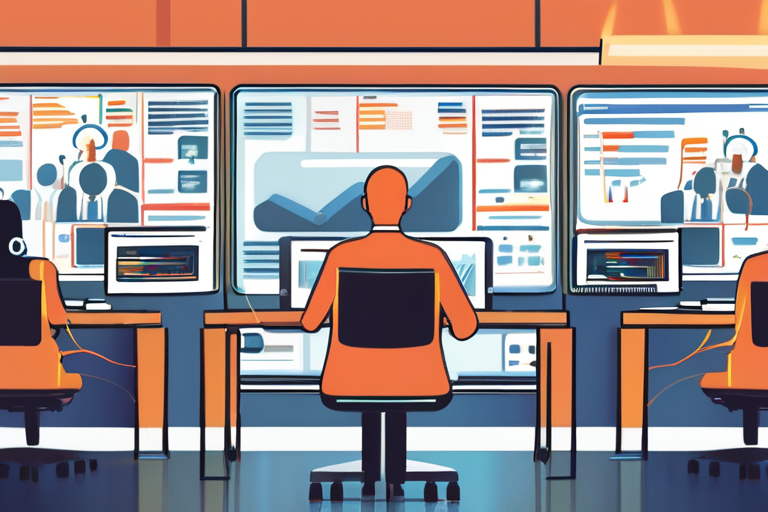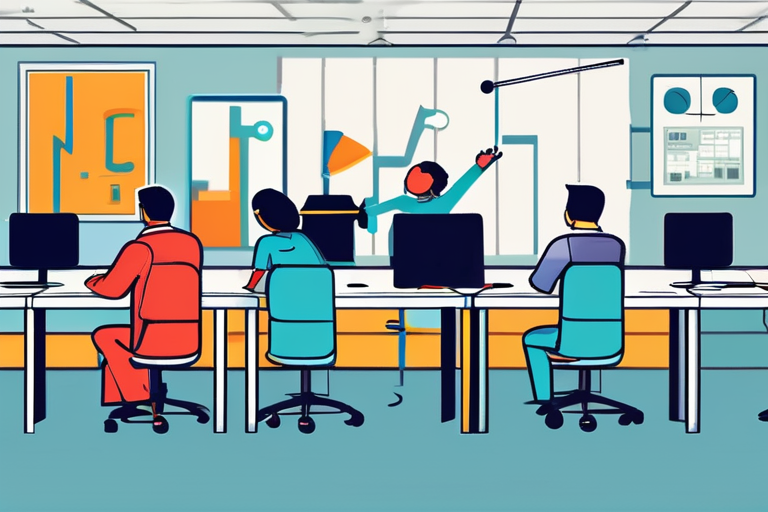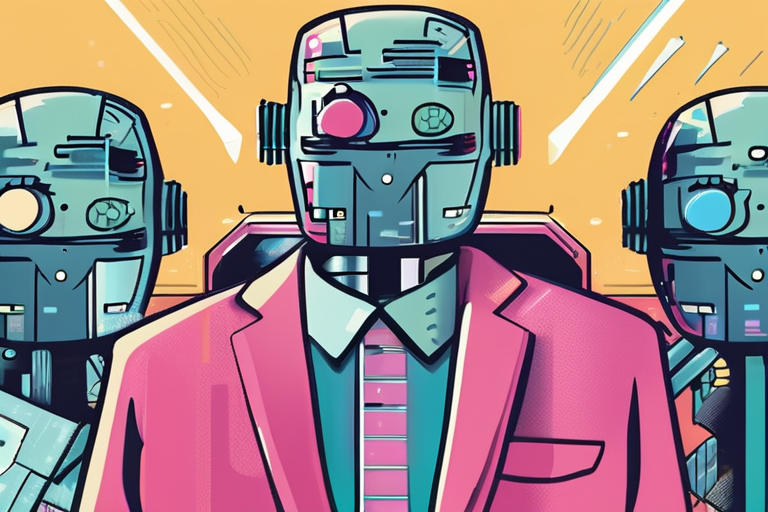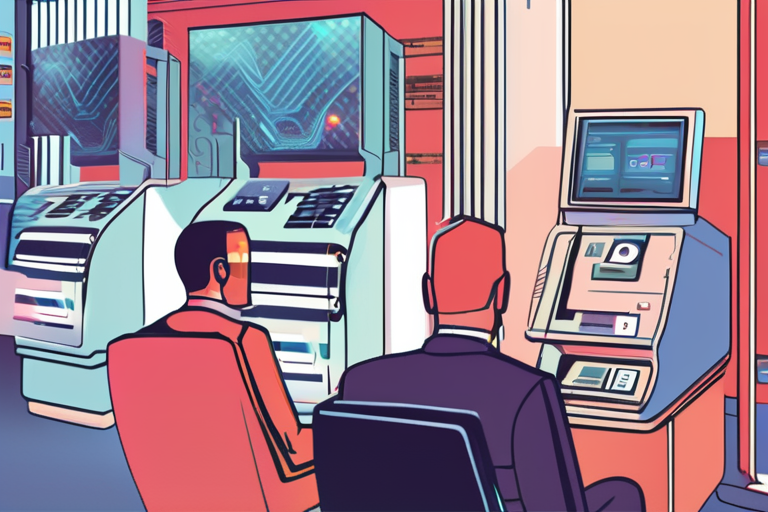Goldman Sachs Survey Reveals Surprising AI Labor Trends
A recent survey conducted by Goldman Sachs investment bankers has shed light on the current state of artificial intelligence (AI) adoption in the corporate world. The report, which polled over 100 bankers, found that only 11% of their clients across various industries were actively cutting jobs due to AI. This figure is significantly lower than expected, given the widespread concern about AI-induced layoffs.
According to the survey, 47% of the clients were primarily using AI to boost productivity and revenue, while only 21% were employing the technology to reduce costs. This trend suggests that companies are leveraging AI to enhance their operational efficiency and drive business growth, rather than solely relying on it to cut costs.
The survey's findings have significant implications for the job market and the broader economy. As AI continues to automate routine tasks and processes, there is a growing concern about the potential displacement of human workers. However, the Goldman Sachs report indicates that companies are not yet using AI as a primary means of reducing their workforce.
The financial sector, in particular, has been at the forefront of AI adoption. Many banks and financial institutions have been investing heavily in AI-powered technologies to improve their risk management, customer service, and operational efficiency. The survey's findings suggest that these investments are paying off, with companies in the financial sector using AI to drive revenue growth and productivity gains.
The Goldman Sachs survey also highlights the need for companies to develop strategies to mitigate the potential negative impacts of AI on their workforce. As AI continues to evolve and become more pervasive in the corporate world, companies must prioritize upskilling and reskilling their employees to ensure they remain relevant in an increasingly automated economy.
Looking ahead, the survey's findings suggest that the real impact of AI on the job market may still be unfolding. As companies continue to invest in AI-powered technologies, there is a growing risk that the automation of routine tasks and processes could lead to significant job displacement. However, the survey's emphasis on the use of AI to drive productivity and revenue growth suggests that companies are also creating new opportunities for workers to develop skills and adapt to an increasingly automated economy.
In conclusion, the Goldman Sachs survey provides a nuanced view of the current state of AI adoption in the corporate world. While the survey's findings may be reassuring in the short term, they also highlight the need for companies to develop strategies to mitigate the potential negative impacts of AI on their workforce. As AI continues to evolve and become more pervasive in the corporate world, companies must prioritize upskilling and reskilling their employees to ensure they remain relevant in an increasingly automated economy.



























Share & Engage Share
Share this article